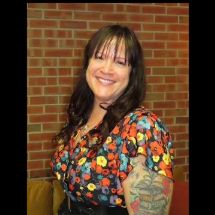Healing after sexual assault can feel overwhelming—but you don’t have to go through it alone. There are many places survivors can turn for support, whether you’re ready to speak out now or simply need a safe space to begin processing what happened. The help you need is out there, and you deserve access to it.
Therapists and Counselors
Talking to a licensed sexual assault therapist or sexual abuse counselor can be one of the most effective steps toward healing. These professionals are trained to:
- Help you process trauma without judgment
- Support your emotional recovery
- Teach healthy coping tools
- Address related challenges like anxiety, depression, or PTSD
You can find support through:
- Private practice therapists
- Community mental health clinics
- Online therapy for sexual assault survivors, which offers privacy and flexibility from home
Crisis Centers and Hotlines
Rape crisis centers and sexual assault response networks often provide:
- Free, confidential counseling
- 24/7 support hotlines
- In-person or virtual support groups
- Legal and medical advocacy
In the U.S., the RAINN National Sexual Assault Hotline (1-800-656-HOPE) is available 24/7. They can connect you with local resources and help you decide what you need, at your pace.
Hospitals and Medical Clinics
If the assault was recent, hospitals and urgent care centers can:
- Treat injuries
- Provide emergency contraception or STI prevention
- Offer forensic exams (often called “rape kits”), which preserve evidence in case you choose to report
Many hospitals have trained Sexual Assault Nurse Examiners (SANEs) who offer trauma-informed care.
Support Groups
Peer-led or therapist-led support groups allow you to connect with others who understand what you're going through. These groups can be found in-person or online and offer validation, community, and healing in numbers.
Campus and Workplace Resources
If the assault occurred on campus or at work, you may have access to:
- Title IX coordinators (for students)
- HR departments or ombuds services (for employees)
- On-site counseling or referral services
While these systems can be imperfect, they may help you access protection, accommodations, or further referrals.













